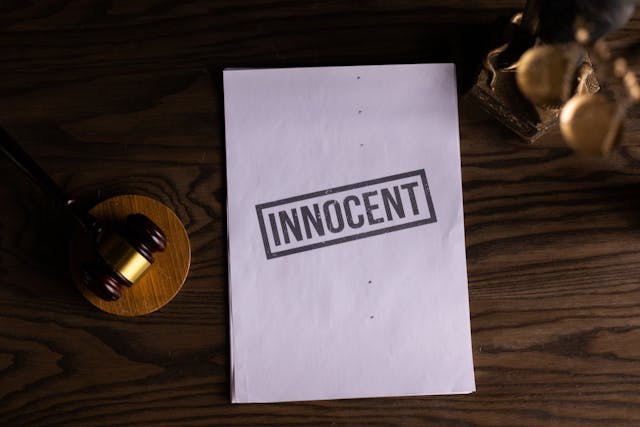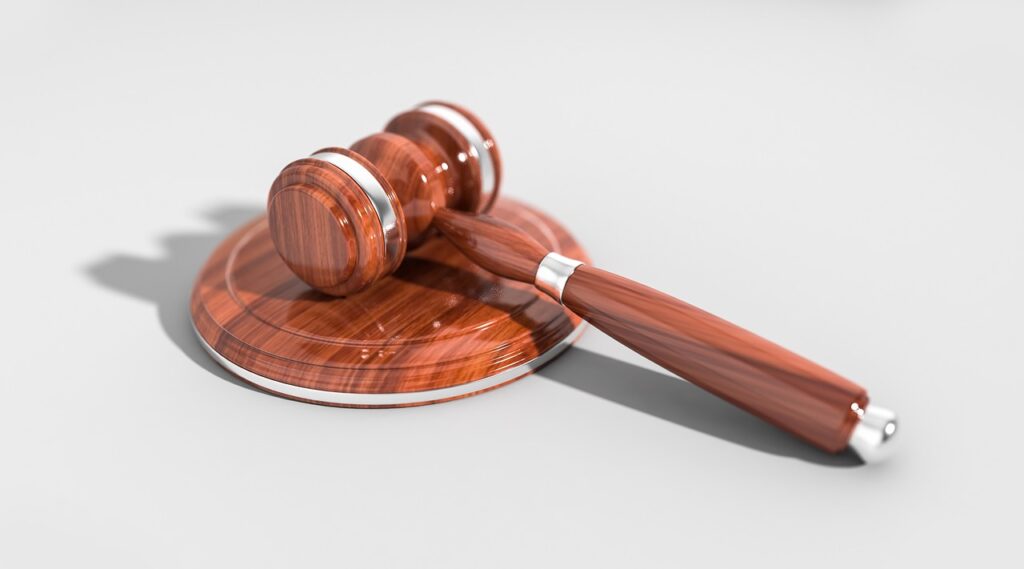Court transcripts are essential for raising appeals, providing a comprehensive record of trial proceedings supporting legal arguments. However, the effective use of legal transcripts requires careful handling and a thorough understanding of their role in the appellate process. Missteps when working with transcripts can weaken an appeal or lead to procedural delays. Knowing the common mistakes and how to avoid them is crucial for ensuring a strong and efficient appellate case.
Misinterpreting or Misquoting Transcript Content
One of the most significant blunders is misinterpreting or misquoting the transcript’s content. Legal arguments hinge on the precise language and context of statements made during the trial. Misquoting a witness, attorney, or judge can lead to misrepresenting the facts, undermining the credibility of the appeal. Careful review and cross-referencing of the transcript ensure all references are accurate and contextually sound.
Overlooking Key Sections of the Transcript
Another common mistake is failing to review the entire transcript thoroughly. Important details, such as objections, rulings, or nuances in testimonies, can be overlooked when only specific portions are examined. Such omissions may weaken the appeal by ignoring critical evidence or procedural errors that could bolster the case. A comprehensive transcript review is essential to identify all relevant points supporting the appeal.

Ignoring Procedural Requirements for Submission
Appellate courts often have strict rules regarding how transcripts must be referenced or submitted. Failing to adhere to these requirements, such as incorrect formatting, incomplete documents, or missed deadlines, can result in the rejection of the appeal. Familiarity with the appellate court’s guidelines and collaboration with court transcription services can help ensure compliance with procedural standards.
Misusing the Transcript to Argue New Issues
Appeals are meant to address errors made during the trial, not to introduce new arguments or evidence. Using the transcript to raise issues that are not part of the original trial can lead to the dismissal of the appeal. It is essential to focus on identifying and emphasizing trial errors reflected in the transcript, such as misinterpretations of the law or procedural violations.
Over-relying on the Transcript Alone
While court transcripts are crucial, relying solely on them without supporting legal arguments or evidence can weaken the appeal. Appellate courts expect well-reasoned arguments backed by relevant case law and legal principles alongside the transcript. Integrating the transcript into a broader legal strategy strengthens the overall case and demonstrates a comprehensive approach to the appeal.
Failing to Address Audio Quality Issues
In some cases, the original audio quality of the trial recordings may affect the clarity of the transcript. Failing to address ambiguities or requesting clarifications can lead to misunderstandings or missed opportunities to leverage critical points. If there are unclear sections in the transcript, it’s essential to consult with the transcription service or the court to resolve these issues promptly.
Neglecting Collaboration with Legal Experts
Handling transcripts without the guidance of experienced appellate lawyers can result in missed opportunities to strengthen the case. Legal experts can identify nuanced errors or inconsistencies in the trial proceedings that may not be immediately apparent. Collaborating with seasoned professionals ensures that the transcript is analyzed effectively and the appeal is crafted precisely.
Conclusion
Court transcripts are invaluable in the appellate process, but their practical use requires diligence and attention to detail. Avoiding common blunders such as misinterpreting content, overlooking procedural requirements, or over-relying on the transcript alone can significantly enhance the strength of an appeal. By approaching transcripts with care and collaborating with legal professionals, appellants can maximize their chances of achieving a favorable outcome in appellate courts.…

